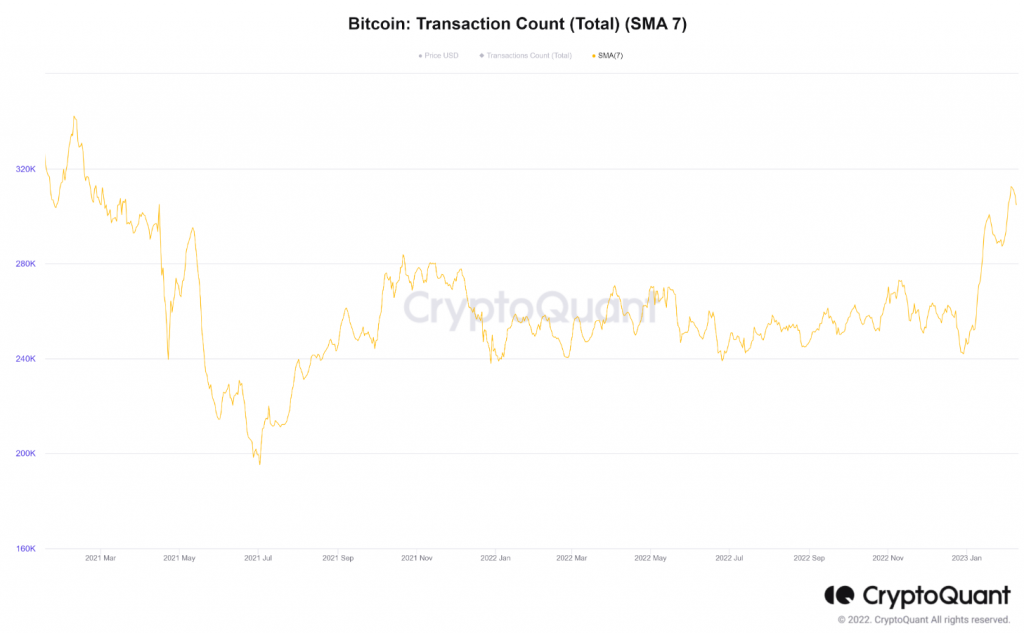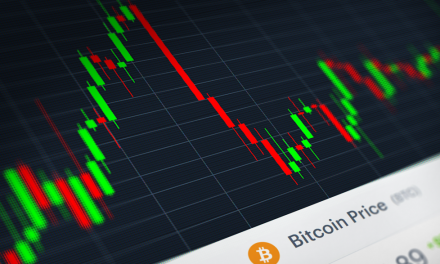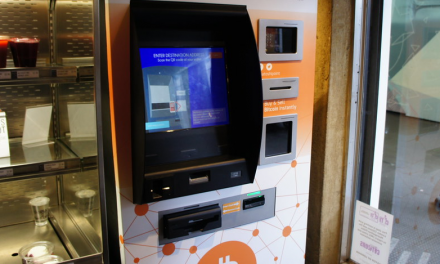Network activity on the Bitcoin blockchain has hit a level not seen since China banned crypto miners in May 2021, according to a report by CryptoQuant that cites on-chain data.
This uptick in activity stems from the popularity of the Ordinals protocol, which allows for non-fungible tokens (NFT) to be stored on the Bitcoin blockchain. NFT activity on Bitcoin has risen exponentially, according to research from BitMEX, with over 13,000 Ordinals minted since December.
According to CryptoQuant’s data, the seven-day moving average of transactions on the Bitcoin blockchain hit 345,000, a figure not seen since the second quarter of 2021, when miners had to pack up and leave China.

Bitcoin Transaction Count 7D SMA (CryptoQuant)
Ordinals store the NFTs directly on-chain, unlike NFTs on Ethereum, which use services such as IPFS or Filecoin to store them. This has resulted in some of the largest block sizes in the history of Bitcoin, with many blocks hitting the 4 megabyte (MB) block size limit.
It has also led to an increase in transaction fees, but they are still below levels seen last year.
Within the Bitcoin community, the popularity of Ordinals has triggered a significant debate on whether this is the “right” use for the Bitcoin blockchain. Pseudonymous creator Satoshi Nakamoto, in posts from the forum Bitcoin Talk, was strongly against non-financial uses of Bitcoin.
While some of those against Ordinals cite the possibility of a rise of transaction fees as a reason to oppose them, CryptoQuant notes that an uptick in demand for block space, coupled with a rise in fees generated by miners, is positive for long-term network security for Bitcoin.
The CoinDesk Bitcoin Price Index was recently around $22,691, down 1.1% over the past 24 hours.
Source: CoinDesk





